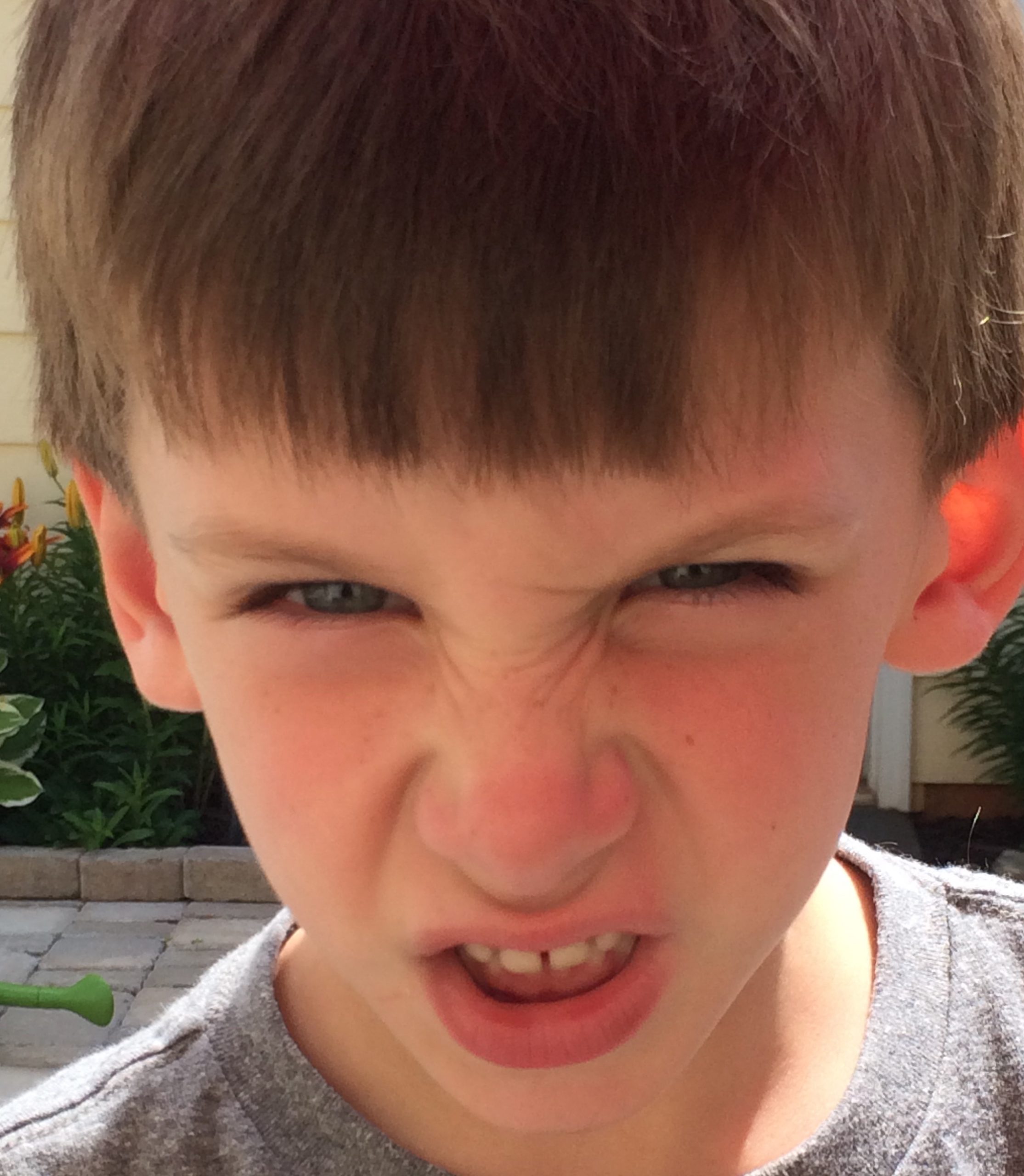School violence has increased over the past years. It includes school shootings, bullying with physical and mental violence and cyberbullying.

Every classroom teacher experiences students that are aggressive to the point of hostility. These children are often diagnosed with ADHD (Attention Deficit Hyperactivity Disorder), emotional disorders or they work below grade level.
So, students develop disruptive behavior in various ways.
• At home modeling is one way to teach a particular behavior. Children learn from what they see. As parents act in a violent nature, children mimic their actions.
• Also, peers reinforce fighting and bullying. Therefore, the student that wishes to belong to a popular group form sides.
• With the lack of social skills, a student deals with distressful situations in an aggressive manner. There is a limit to their problem solving skills.
• Students do not think much of themselves. Their behavior reflects a poor self-image. So, they identify with failure.
Response to Defiant Behavior
Most parents, teachers and administrators respond in different ways. One response is to attempt to reason with the student. As parents and students feel they lost control of the situation, they react as an authoritarian figure. Therefore, there is an ultimatum. Hence, the student acts as if he/she doesn’t care.
Another typical response is to reason with aggressive students. Teachers and parents understand the behavior is not a personal attack. Thus, they try to explain with understanding. In addition, they use kindness. Most of the time this method leads to arguments with no results.
All attempts to change the behavior must be evaluated. Change doesn’t happen overnight. Keep records of the behavior as well as the response method. Must of all, the students must be told the behavior is not acceptable. Also, children must know that feeling frustrated and angry are natural emotions.
Schools May Need Help
Aggressive and violent behavior with students are the root of fear in may classrooms. These behaviors occur in both regular and special education classrooms. Know what works and what doesn’t. This avoids angry confrontations. Consult an administrator, counselor, nurse, doctor or parents for help with students that display violent behaviors.




